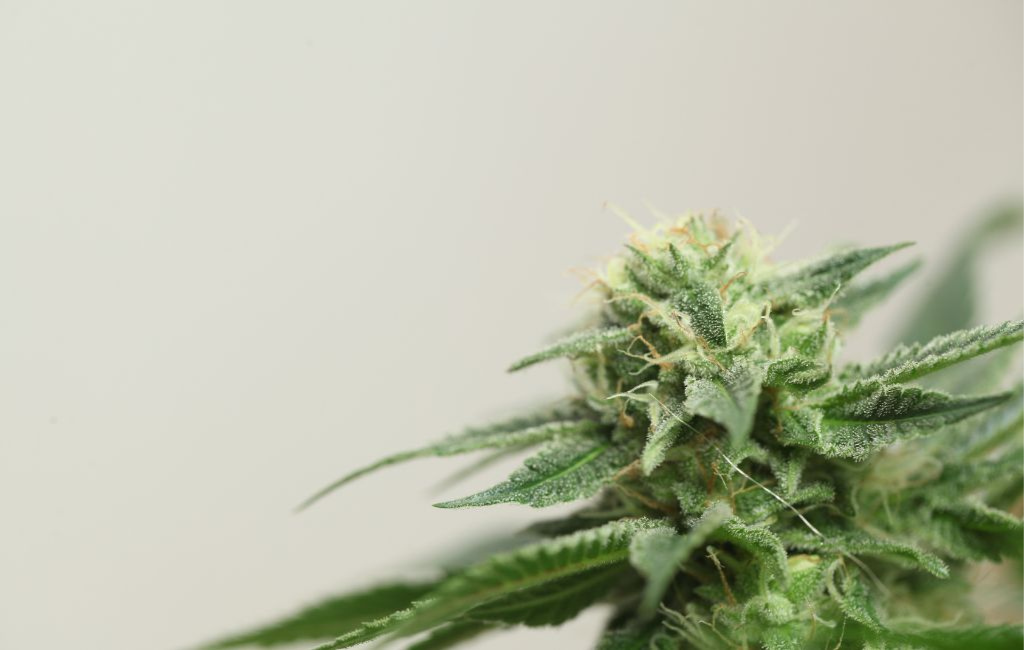THCa Flower Effects Explained Simply
THCa, or tetrahydrocannabinolic acid, is a compound found in cannabis that has been gaining attention for its potential benefits. Unlike THC, THCa is non-psychoactive, meaning it doesn’t produce the “high” associated with cannabis use. This article explores the effects of THCa flower, providing insights into its potential benefits and uses.
Understanding THCa
THCa is a cannabinoid found in raw and live cannabis. It is the precursor to THC, the compound responsible for the psychoactive effects of cannabis. When cannabis is heated through smoking, vaping, or cooking, THCa is converted into THC through a process called decarboxylation.
In its raw form, THCa does not produce psychoactive effects. This makes it an attractive option for those seeking the potential benefits of cannabis without the high. Research into THCa is still in its early stages, but preliminary findings suggest it may offer a range of therapeutic benefits.
Potential Benefits of THCa
- Anti-inflammatory Properties: THCa has shown promise in reducing inflammation, which could be beneficial for conditions like arthritis and other inflammatory diseases.
- Neuroprotective Effects: Some studies suggest that THCa may help protect brain cells, potentially offering benefits for neurodegenerative diseases.
- Anti-emetic Properties: THCa may help reduce nausea and vomiting, making it a potential option for those undergoing chemotherapy or dealing with other conditions that cause nausea.
- Appetite Stimulation: Like THC, THCa may help stimulate appetite, which can be beneficial for individuals with conditions that cause appetite loss.
How THCa Flower is Used
THCa flower can be consumed in several ways, each offering different benefits and experiences. Here are some common methods:
Raw Consumption
Consuming raw cannabis leaves or flowers is one way to intake THCa. This method preserves the compound in its natural state, allowing users to benefit from its potential therapeutic effects without psychoactive experiences. Some people add raw cannabis to smoothies or salads to incorporate it into their diet.
Juicing
Juicing raw cannabis is another popular method. This process involves blending fresh cannabis leaves and flowers with fruits or vegetables to create a nutrient-rich drink. Juicing allows for the intake of THCa along with other beneficial compounds found in cannabis.
Tinctures and Topicals
THCa can also be extracted and used in tinctures or topicals. Tinctures are liquid extracts that can be taken sublingually (under the tongue) for quick absorption. Topicals are applied directly to the skin and can be used for localized relief of pain or inflammation.
Research and Case Studies
While research on THCa is still emerging, several studies and anecdotal reports highlight its potential benefits. For instance, a study published in the British Journal of Pharmacology found that THCa exhibited anti-inflammatory properties in animal models. Another study in the Journal of Neuroimmune Pharmacology suggested that THCa might have neuroprotective effects.
Anecdotal evidence from patients and healthcare providers also supports the potential benefits of THCa. Some individuals report relief from symptoms of chronic pain, inflammation, and nausea after using THCa-rich products.
Legal Considerations
The legal status of THCa varies by region. In some areas, THCa is considered legal because it is non-psychoactive. However, once it is converted to THC, it may fall under different legal regulations. It’s important for consumers to be aware of the laws in their area regarding cannabis and its derivatives.
Conclusion
THCa flower offers a unique opportunity to explore the potential benefits of cannabis without the psychoactive effects. With its anti-inflammatory, neuroprotective, and anti-emetic properties, THCa holds promise for a variety of therapeutic applications. As research continues, a clearer understanding of its effects and benefits will emerge, potentially offering new avenues for treatment and wellness.
